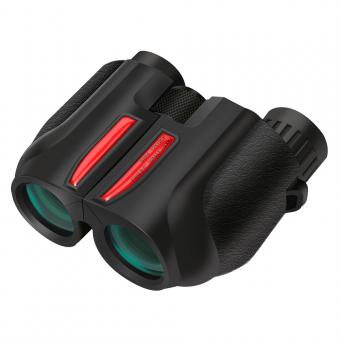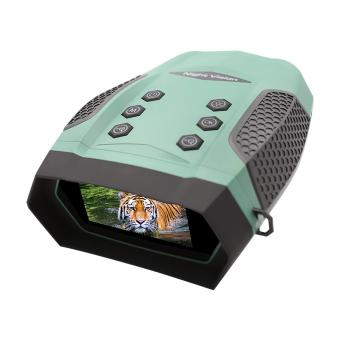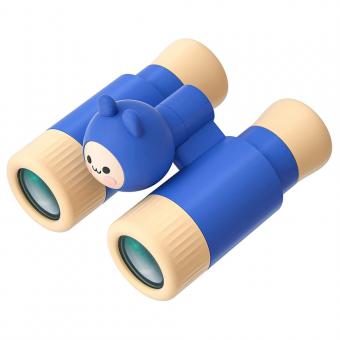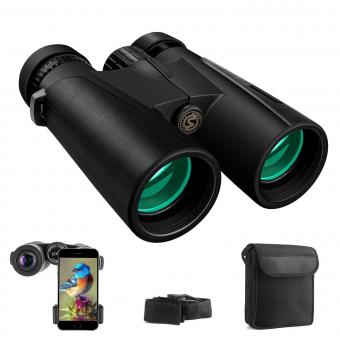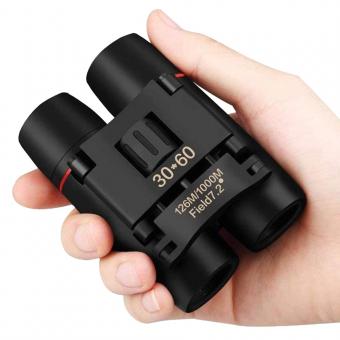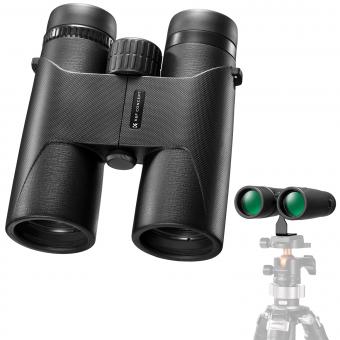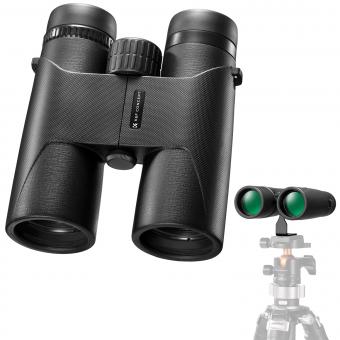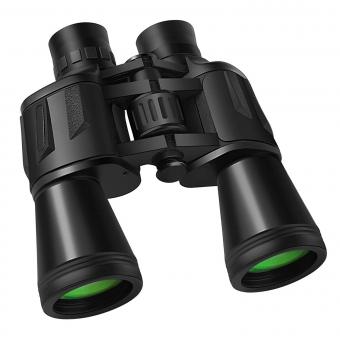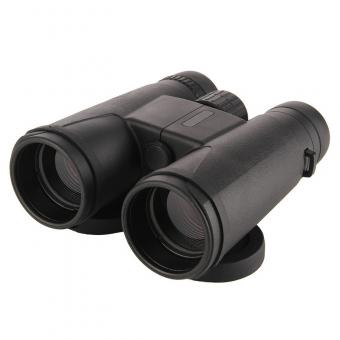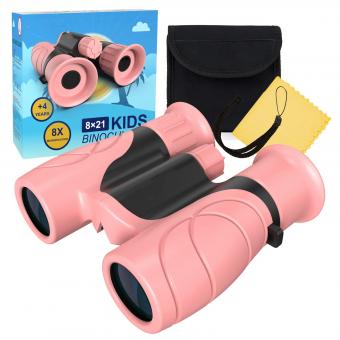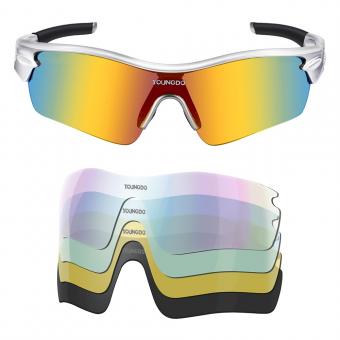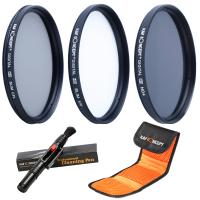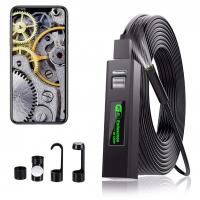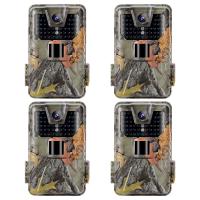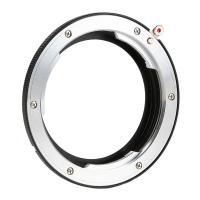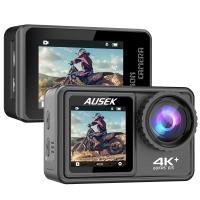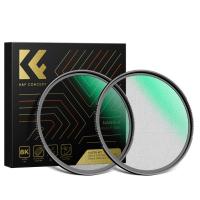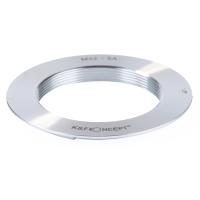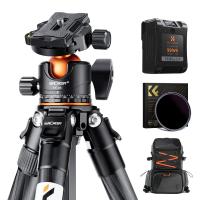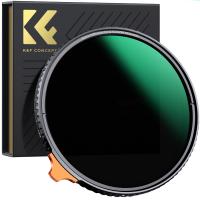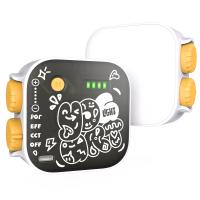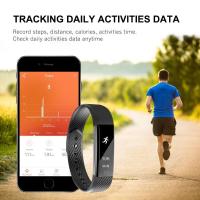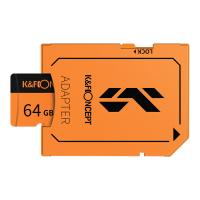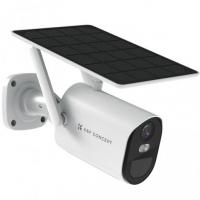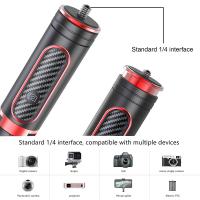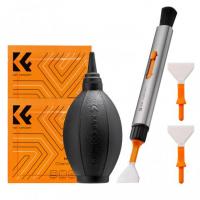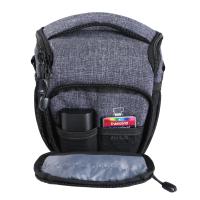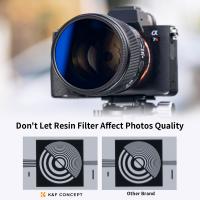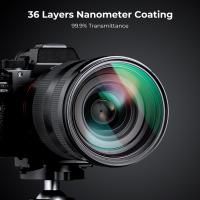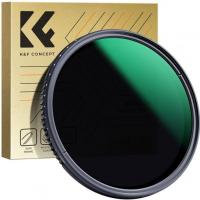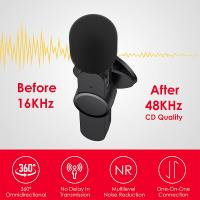Can You Bring Binoculars To A Concert?
Attending a concert is an exhilarating experience, filled with the energy of live music and the collective excitement of the crowd. However, one common concern for concert-goers is how to get the best view of the performance, especially in large venues where the stage can seem miles away. This leads to the question: Can you bring binoculars to a concert? The answer is not straightforward and depends on several factors, including the venue's policies, the type of concert, and practical considerations. In this article, we will explore these aspects in detail to help you make an informed decision.
Venue Policies
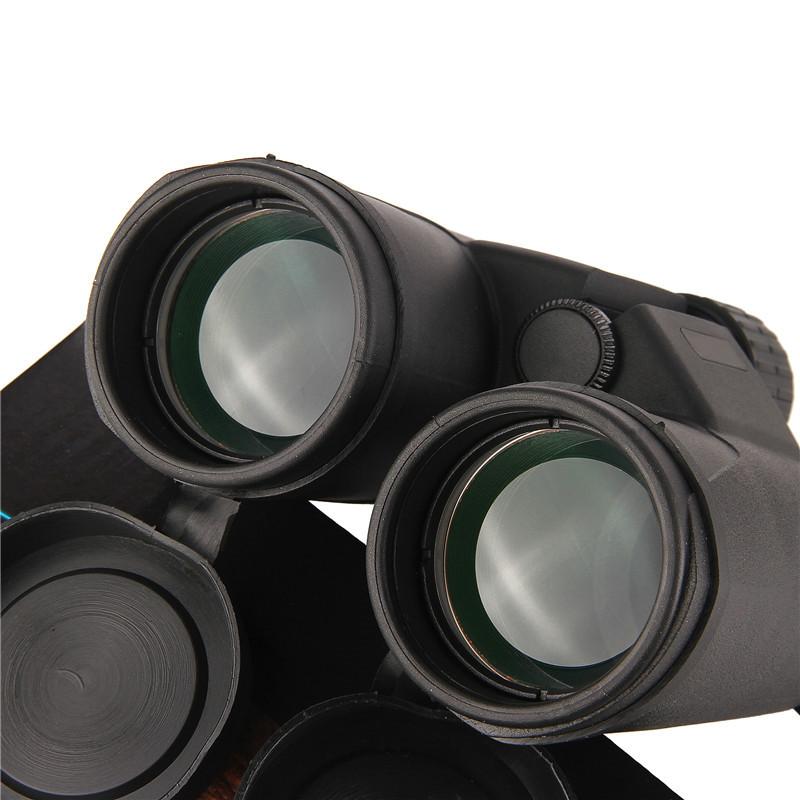
The first and most crucial factor to consider is the venue's policy regarding binoculars. Different venues have different rules, and these can vary widely. Some venues may allow binoculars without any restrictions, while others may have specific guidelines or outright bans.
Checking the Venue's Website

Before you pack your binoculars, it's essential to check the venue's official website. Most venues have a "Frequently Asked Questions" (FAQ) section or a "Policies" page where they list items that are allowed or prohibited. If binoculars are not mentioned explicitly, it might be a good idea to contact the venue directly for clarification.
Security Checks
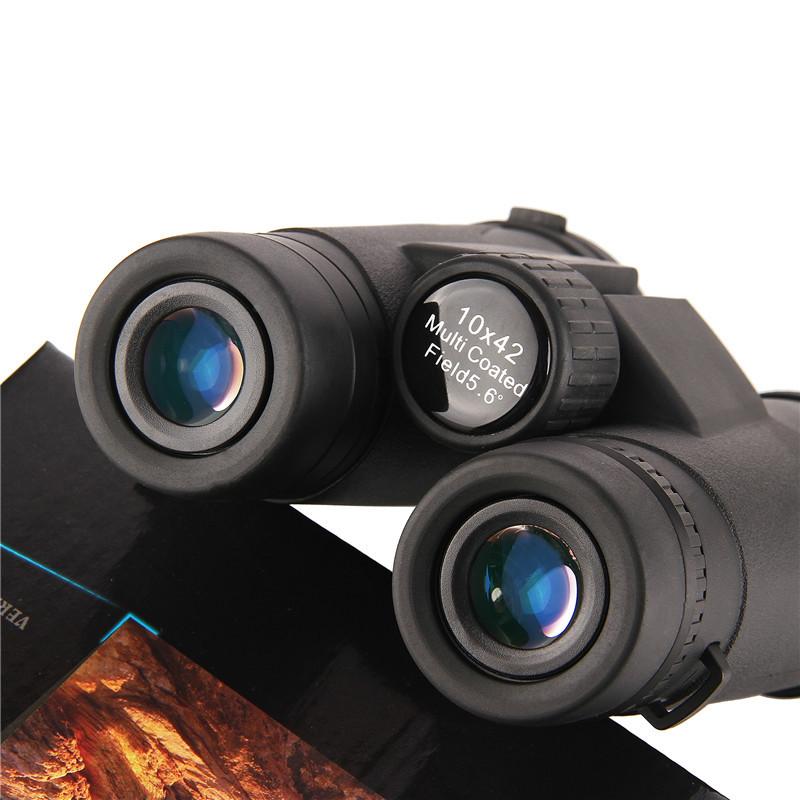
Many concert venues have stringent security checks at the entrance. Even if the venue allows binoculars, they may be subject to inspection. Security personnel might check to ensure that the binoculars are not modified or used to conceal prohibited items. Therefore, it's advisable to arrive early to account for potential delays during the security screening process.
Type of Concert
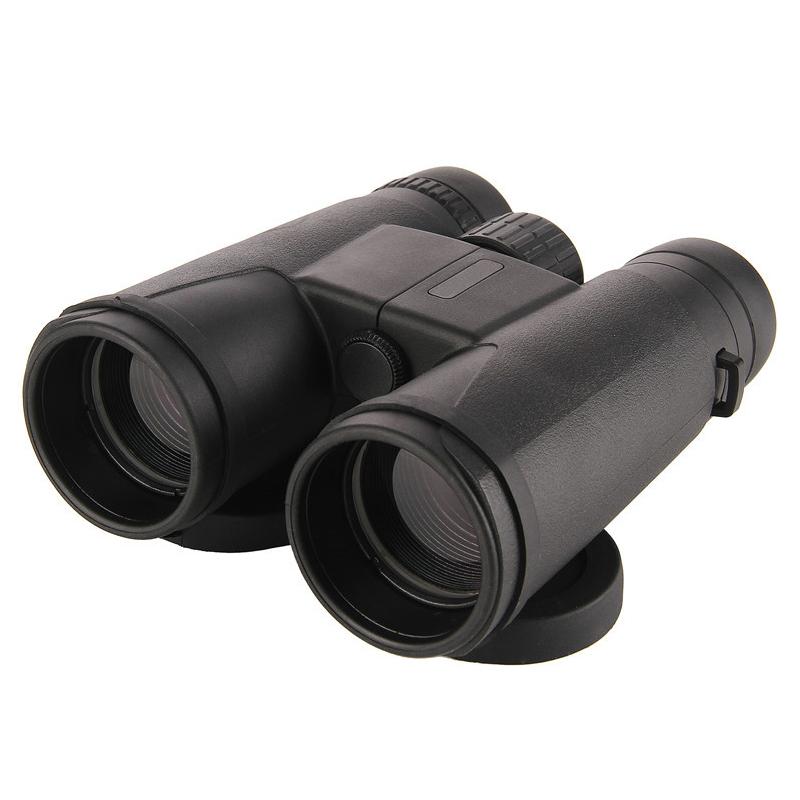
The type of concert you are attending can also influence whether bringing binoculars is a good idea. Different genres and settings have different atmospheres and expectations.
Outdoor Concerts
Outdoor concerts, especially those held in large open spaces or stadiums, are more likely to benefit from the use of binoculars. The vastness of the venue can make it challenging to see the performers clearly, and binoculars can enhance your viewing experience. However, be mindful of the weather conditions, as rain or excessive sunlight can affect visibility and the usability of binoculars.
Indoor Concerts
Indoor concerts, particularly those in smaller venues, may not require binoculars. The proximity to the stage is usually closer, and the acoustics are designed to provide an immersive experience. In such settings, binoculars might be more of a hindrance than a help, as they can obstruct the view of other attendees and may not significantly enhance your experience.
Classical and Opera Performances
For classical music and opera performances, binoculars are often more common and even encouraged. These events are typically held in large concert halls or opera houses where the intricate details of the performance, such as the musicians' techniques or the actors' expressions, are part of the experience. In these cases, binoculars can provide a more intimate connection to the performance.
Practical Considerations
Even if the venue allows binoculars and the type of concert seems suitable, there are practical considerations to keep in mind.
Size and Weight
Binoculars come in various sizes and weights. Compact and lightweight models are more convenient to carry and less likely to cause discomfort during the concert. Large, heavy binoculars can be cumbersome and may not be worth the hassle.
Field of View
The field of view is an essential factor when choosing binoculars for a concert. A wider field of view allows you to see more of the stage without having to move the binoculars constantly. Look for binoculars with a field of view of at least 300 feet at 1,000 yards for the best experience.
Magnification
While higher magnification might seem better, it can also make it harder to keep the image steady, especially in a dynamic concert environment. Binoculars with a magnification of 7x to 10x are generally suitable for concerts, providing a good balance between clarity and stability.
Comfort and Usability
Consider the comfort and ease of use of the binoculars. Features like adjustable eyecups, a comfortable neck strap, and easy-to-use focus controls can make a significant difference in your experience. Additionally, if you wear glasses, look for binoculars with a long eye relief to ensure you can use them comfortably.
Etiquette and Consideration for Others
While binoculars can enhance your concert experience, it's essential to be considerate of other attendees. Holding up binoculars for extended periods can obstruct the view of people behind you. Try to use them intermittently and be mindful of your surroundings.
Sharing with Friends
If you are attending the concert with friends, consider sharing the binoculars. This not only allows everyone to enjoy the enhanced view but also reduces the time any one person is holding them up, minimizing obstruction for others.
Being Discreet
Use the binoculars discreetly and avoid making sudden movements that could distract those around you. If you need to adjust the focus or reposition yourself, do so smoothly and quietly.
In summary, bringing binoculars to a concert can be a great way to enhance your viewing experience, but it requires careful consideration of several factors. Always check the venue's policies, consider the type of concert, and choose the right binoculars for the setting. Additionally, be mindful of practical considerations and the comfort of other attendees. By taking these steps, you can ensure that your concert experience is enjoyable and memorable for both you and those around you.
Whether you're attending an outdoor festival, an indoor rock concert, or a classical music performance, the right pair of binoculars can bring you closer to the action and allow you to appreciate the finer details of the show. So, the next time you find yourself wondering if you should bring binoculars to a concert, you'll be well-equipped to make an informed decision.

